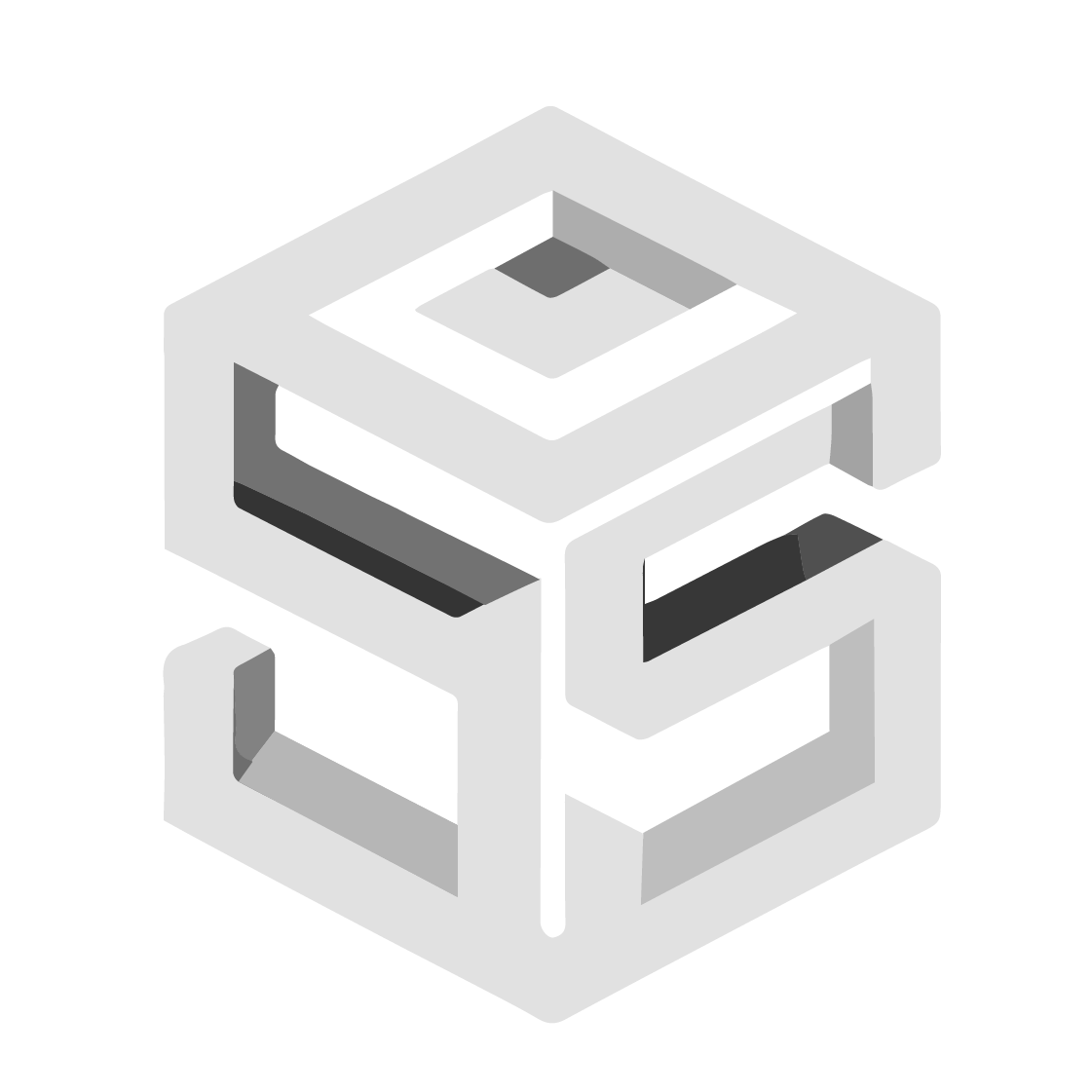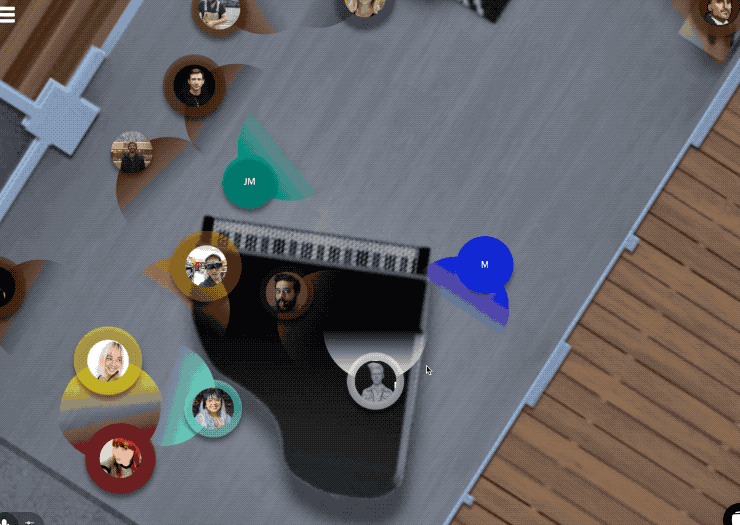Definitions.We shouldn't let definitions limit our discipline. Our actions, tools and methods should define our discipline, not vise versa.
Siloing Definitions
Apparently in Silicone Valley, introducing yourself as an "interaction designers" denotes that you know how to code. But that on the east coast, it means you are a visual designer possibly without the ability to code.
Someone else told me that "User Experience" is online, but "Experience Design" isn't exclusively online. But isn't the design of a service also supposed to be user centered? It makes sense that the pathways must be well designed for the provider as well, which is why some companies like Kaiser Permanente prefer the term "People Centered," since they also design for the nurses that take care of patients. There is the theory that experience cannot be designed, only the parameters for the experience. But that doesn't mean outcomes are totally out of our control. We need to influence specific prompts of the experience at the right times.
There's the threat of being overly specific. I've also heard that if something becomes a discipline it is no longer integrative, making the institution of learning a "tradeschool," or the firm "industrialized and mechanized."
Defining by Differentiating
Oreilly gives four definitions of what IA may be and then states what is not IA.
"*Graphic design is NOT information architecture."
"*Software development is NOT information architecture."
"*Usability engineering is NOT information architecture."
Some architects say that information architecture isn't actually architecture, because most IA practitioners don't have BArch or MArch degrees, nor are they certified by an association like RIBA, The Royal Institute of British Architects. You can now find the term Interaction Architects popping up.
There are designers fighting for new ground, and designers fighting to defend their current titles and current methods.
Maybe we currently we exist in the "gray areas between disciplines" fighting for future methods. (Oreily).
Design Future
Another way to put this is that we're "hybrid designers [that] re-design, re-think," and are "better suited to a complex physical/non-physical world" (FastCo). While we may get caught up in defining new disciplines and titles, we should focus on defining new methods and media. Not new media as in tv, web, mobile but new media as in Robert Fabricant's concept that "behavior is our medium." Fast Co emphasizes "Being a thought-leader (or a design-thinker) is nice, yet also being a craftsman," who can create functional outputs is important. I find the concept of being a "Hybrid Designer" very fitting. There can be different types of hybrid designers, but they will all rely on specific craft.
[singlepic id=267]Robert Fabricant leads a team of Hybrid Designers at frog design
Well, what is craft? Richard Sennett believes craftwork to be "highly refined, complicated activity [that] emerges from simple mental acts like specifying facts and then questioning them."
As humans we place concepts into hierarchies and then apply labels terms to them. This allows us to understand ideas and share them. But these are all abstractions. When the lines begin to blur, we begin to freak out. Lines themselves are abstractions that do not exist. We just use lines as means to define an actual space. In imagery like painting or illustration a line is just used to define an edge, but if you zoom in it's not a line, just more space...gray space. Even vectors are something we cannot directly engage with. Let's create the fine grain detail, develop new craft and then zoom out to decide what specific type of designer we are. For now, maybe a Hybrid Designer is a nice, loose umbrella term.
Even if you are an architect there is the chance someone will define you as someone who "builds buildings." It's not just buildings or construction sites, or website. It's communities and empires. The communities and empires of the future are those of the mind.
sources
Orielly Information Architecture for the World Wide Web
http://www.oreilly.de/catalog/9780596527341/toc.html
Fast Co on Beyond Design Thinking: Why Hybrid Design Is the Next New Thing
http://www.fastcompany.com/1656288/beyond-design-thinking-why-hybrid-design-is-the-next-new-thing
Robert Fabircant - Behavior is Our Medium at IxDA
http://www.ixda.org/resources/robert-fabricant-behavior-our-medium

